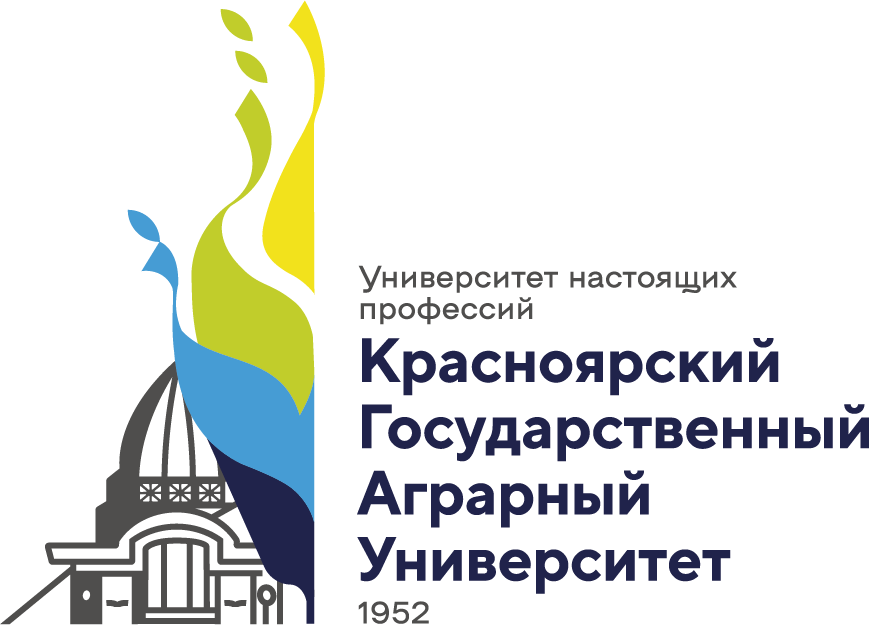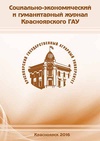All spheres of modern public life are penetrated by informatization, re-placement of mechanical interactions with electronic technologies and the automation leading to reduction of need for workers on unit serially of products. On this background the definition of craft as "small manual skills, needlework" looks disproportionately to scales of current social and eco-nomic evolution as the main tools of any handicraftsman are, as before, his hands, thoughts and soul. However, on the basis of the analysis of collected data it is possible to see that the craft carries out in the society unique, only to it peculiar function of saving and maintenance of psychological health of society, its originality, national self-identification and self-sufficiency. Craft and national crafts in modern world continue to remain an effective remedy of prevention, protection, rehabilitation and social integration of socially unprotected population, including physically disabled people. It is necessary to collect and systematize the information on the types of traditional and new crafts in Siberia, first of all about the people which are carriers of me-chanical knowledge and abilities. Not only the contents and result, but also the process of such work has high teaching and educational influence on the younger generation. In the conditions of economic instability the basic role of craft activity as effective form of the employment bringing not only in-come, but also satisfaction from work increases. Thus it is necessary to strengthen the standard and legal support of the craft as specific production sphere which competition to high technologies not only is impossible, but al-so it is senseless.
post-industrial society, fourth formation, "the third wave", craft, freelance, creativity, social integration
1. Bashlykova N. V Rossii sozdadut federal'nuyu Remeslennuyu palatu // Izvestiya. - 2015. - 7 avg.
2. Varshavskaya E.Ya., Donova I.V. Neformal'naya zanyatost' po naymu: grani yavleniya // Izv. Irkut. gos. ekon. akad. - 2012. - № 6. - S. 130-136.
3. Gavrilov D.E. Remeslennaya deyatel'nost' v postindustrial'noy ekonomike: gipoteza volnovogo podhoda // Sayt Remeslennoy pala-ty Samarskoy oblasti. - URL: http://artisanchamber.com/articles.
4. Gorelova E.N. Kustarnyy zakon // Vedomosti. - 2016. - № 4100. - 22 iyunya. - URL: http://www.vedomosti.ru/management /articles/ 2016/06/22/646295-deputati-vvedut-remeslennikov-pravovoe-pole.
5. Grinin L.E. Filosofiya, sociologiya i teoriya istorii (Opyt filo-sofsko-sociologicheskogo analiza nekotoryh obschestvennyh zako-nov i postroeniya teorii vsemirno-istoricheskogo processa). - Izd. 3-e, pererab. i dop. - Volgograd: Uchitel', 2003. - S. 96-101. - URL: http://www.socionauki.ru/book/files/fcit/04_2003_4.pdf.
6. Kalinovskiy I. Remeslennikov vymanyat iz teni // Expert Online. - 2014. - 14 noyab. - URL: http://expert.ru/2014/11/14/remeslennikov-vyimanyat-iz-teni.
7. Kozlov A.A., Sidorkina O.V., Pogrebnaya T.V. Remeslo shestogo teh-nologicheskogo uklada // Remeslo i professional'noe obuchenie na Enisee: tradicii i novacii: sb. mat-lov region. seminara (Krasno-yarsk, 25-28 maya 2016 g.) / pod obsch. red. M.I. Lesovskoy; Krasnoyar. gos. agrar. un-t. - Krasnoyarsk, 2016. - S. 75-82.
8. Lesovskaya M.I., Lesovskaya L.V. Unesennye Bolonskim vetrom // Me-zhdunar. zhurnal eksperim. obrazovaniya. - 2012. - № 4. - S. 58-60.
9. Pogrebnaya T.V., Kozlov A.V., Sidorkina O.V. Metody izobreteniya znaniy i innovacionnyh proektov na osnove TRIZ. - Krasnoyarsk: Izd-vo SFU, 2010. - 180 s.
10. Popov G.H. Budet li u Rossii vtoroe tysyacheletie. - M.: Ekonomika, 1998. - 302 s.
11. Skol'ko zarabatyvayut frilansery? (dannye oprosov) // Kadrof.ru. - URL: http://www.kadrof.ru/freelance.shtml.
12. Toffler E. Tret'ya volna. - M., 1999. - S. 35-62.
13. Chaplashkin N.V. Frilanser na otechestvennom rynke truda: real'-nost', ozhidaniya, perspektivy // Chelovek i trud. - 2013. - № 4. - S. 18-21.








